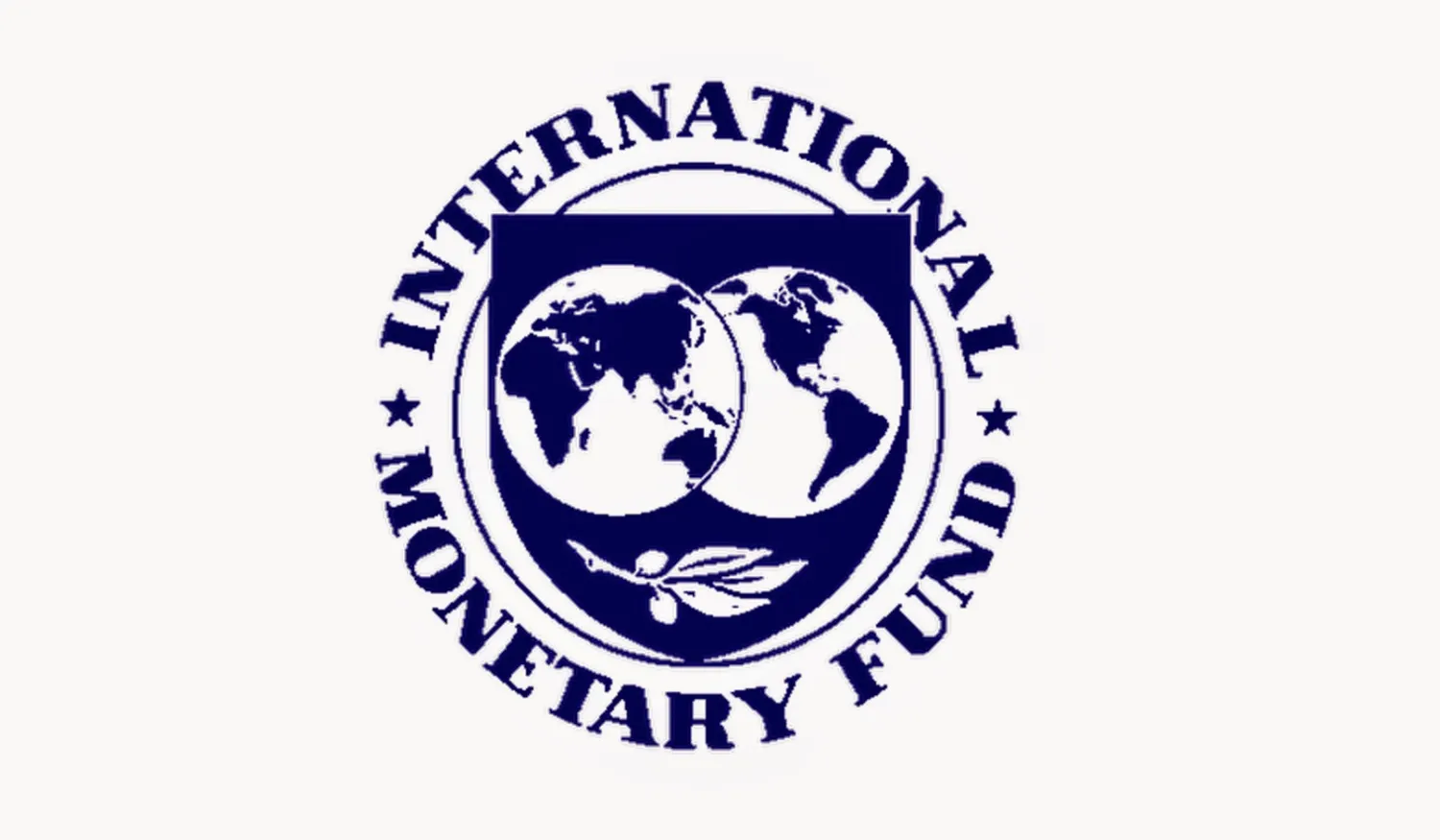The International Monetary Fund (IMF) has raised its economic growth forecasts for Saudi Arabia as oil prices riseو but retained its estimates for the region in general.
The IMF said Monday in its report that the Saudi economy is expected to grow by 1.6 percent in 2018, up 0.5 percent from its October estimates.
It also predicted that the oil-rich economies would grow by 2.2 percent in 2019, a 0.6 percent increase from their previous forecast for 2019.
The Kingdom’s economy shrank 0.7 percent in 2017, for the first time since 2009.
The IMF, however, maintained its October projections for growth in the Middle East, North Africa, Afghanistan and Pakistan (MENAP) region at 3.6 percent and 3.5 percent for this year and 2019, respectively.
“While stronger oil prices are helping a recovery in domestic demand in oil exporters, including Saudi Arabia, the fiscal adjustment that is still needed is projected to weigh on growth prospects,” the IMF said.
It said oil prices rose 20 percent between August and October of 2017.
Saudi Arabia said it expects to post a budget deficit for the fifth year in a row in 2018, forecasting a shortfall of $52 billion due to low oil prices.
Revenues are estimated to be 783 billion riyals ($208.8 billion) and spending is expected to be 978 billion riyals ($260.8 billion), the highest in the oil-rich kingdom's history.
The Saudi finance ministry said the budget deficit for 2017 came in at $61.3 billion, which is higher than the expected $53 billion but still lower than the $82 billion shortfall in the previous year.
The kingdom has posted a budget deficit every year since 2014 when the price of oil, which contributed about 90 percent of revenues, crashed.
Riyadh has resorted to a string of austerity measures to contain spending and imposed a variety of subsidy cuts and rises in prices of services.
It also introduced a series of measures to boost non-oil income including the introduction a value-added tax (VAT) of five percent starting this year.









